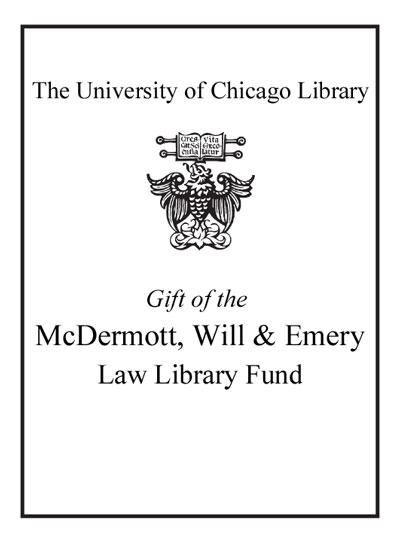Review by Choice Review
Tan argues for a comprehensive liberalism that champions individual autonomy and rejects as flawed the political liberalism of John Rawls, which emphasizes toleration as its constitutive value. Although everyone cannot reasonably be expected to espouse ethical autonomy, comprehensive liberals are committed to supporting those who want to live fully autonomous lives by forming and revising their conceptions of the good. Comprehensive liberalism provides moral grounding both for group-differentiated cultural rights and for the particularistic values of nation-states as moral communities. But this grounding is in turn entailed by universalism, or the necessity of particularistic preconditions for individual autonomy. The liberal state must then take a comprehensive moral stance against the "decent hierarchical societies" Rawls would defend. Political judgment is not political coercion, and Rawls's global theory pays a high price for accommodation that constitutes a modus vivendi. This provocative book gathers divergent threads of various debates within liberal theory and moves the argument forward. Recommended for upper-division undergraduates and above. E. R. Gill Bradley University
Copyright American Library Association, used with permission.
Review by Choice Review


